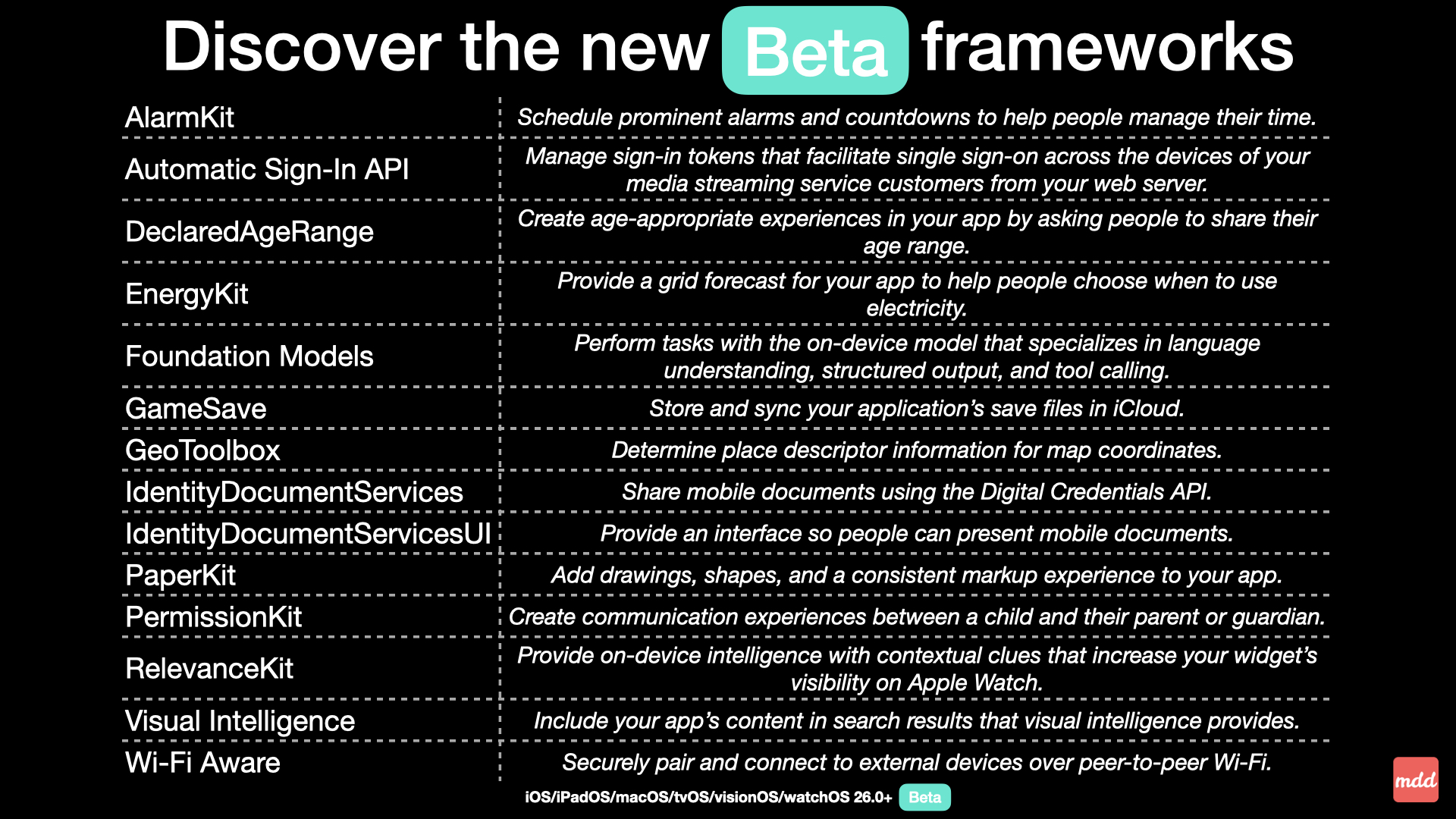Welcome to my blog about mobile applications development (mainly for Apple platforms).
➡️ Expect to read here about automated tests (unit, snapshot, UI), FRP, SwiftUI and many other topics that will improve your day to day coding. 🧑💻
➡️ I’m here not only to share, but also to learn. If you have any suggestion how I can improve my writting, feel free to reach me! 🤙
➡️ My name is Maciej and I’m going to be your guide through the world of mobile applications development. 🚀
📚 Enjoy the reading! 📚




